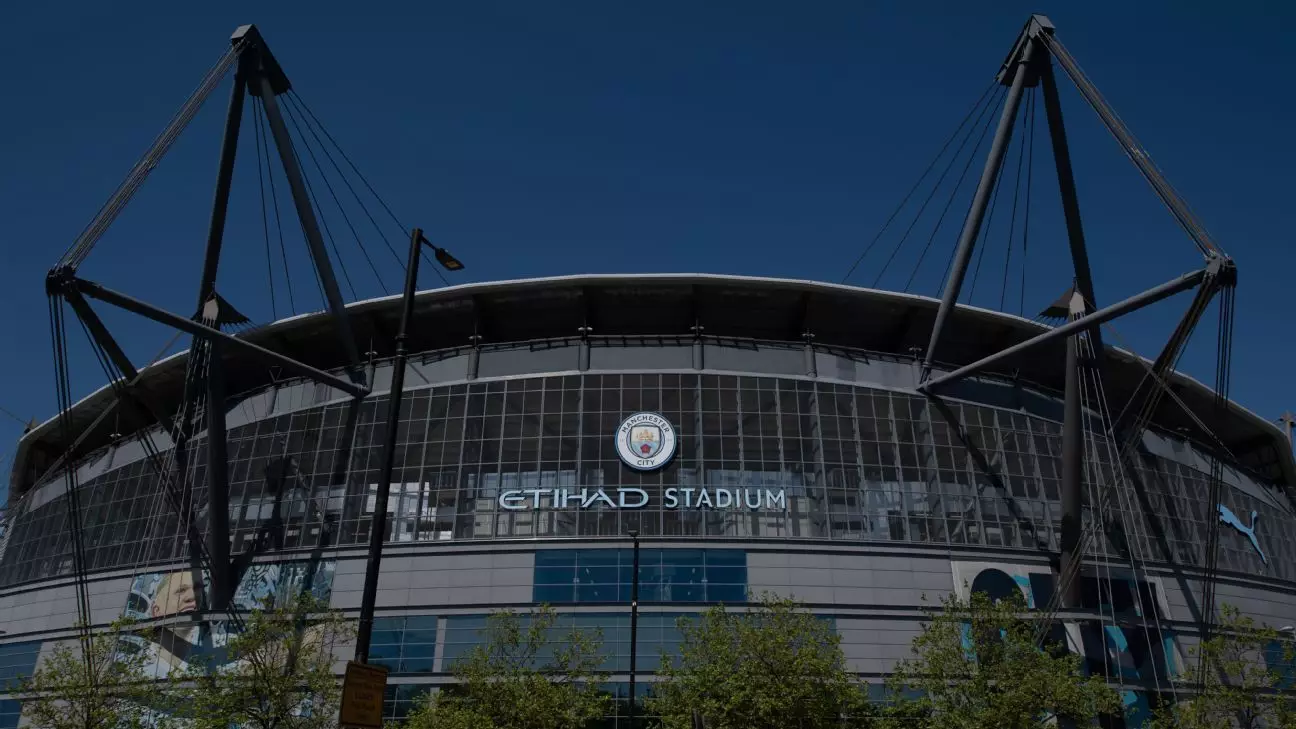The ongoing battle between Manchester City and the Premier League regarding Associated Party Transactions (APT) has culminated in a ruling that leaves both sides claiming a semblance of victory. It’s a classic case of the dynamics of legal disputes in sports, especially when those disputes might potentially sway the balance of power within a league. The crux of the matter lies in the APT regulations and their implications on fair financial practices within the Premier League. The arbitration panel’s conclusion, while revealing critical insights, has also raised further questions about how such regulations will shape the future of club finance and competitive equity.
The APT rules were established to regulate the commercial engagements of clubs with entities owned or influenced by their owners. Implemented in December 2021, the regulations emerged from growing concerns surrounding the establishment of inherently unequal competitive advantages – particularly evident with the acquisitions of clubs like Newcastle United by state-backed entities. Such fears were especially pronounced following Manchester City’s own rise under Sheikh Mansour bin Zayed al Nahyan, a move that has transformed its financial landscape through strategic sponsorship deals with Abu Dhabi-based companies.
These rules were put in place to ensure that financial dealings between clubs and associated parties reflect fair-market value (FMV), thus safeguarding the finances of the clubs and avoiding a situation where teams could secure inflated sponsorship deals solely due to their ownership ties. For example, Manchester City’s sponsorship arrangement with Etihad Airways was meant to align with commercial realities, paralleling deals like those of Arsenal and Emirates.
The arbitration panel’s ruling, detailed in a 175-page document, essentially reshapes the discourse around these legal frameworks. While the Premier League deemed the APT rules an essential component of its governance, the panel did find elements of the regulations unlawful. Specifically, it highlighted the exclusion of shareholder loans from scrutiny under APTs as a critical oversight violating competition laws, which could potentially open the floodgates for similar claims from other clubs affected by these rulings.
This dual conclusion – validating the existence of APT rules while simultaneously necessitating amendments – serves as a nuanced result that does not straightforwardly benefit either side. Both entities are now at a crossroads, forced to reevaluate their strategies in light of this ruling.
From Manchester City’s stance, this ruling could be interpreted as an important step in validating their financial integrity while advocating against what they perceived as discriminatory practices related to ownership origins. However, it’s crucial to understand that this ruling doesn’t absolve City of past or ongoing financial scrutiny. Instead, it adds a layer of complexity to the existing discourse by mandating that future assessments regarding shareholder loans will be part of APT evaluations.
Although both Manchester City and the Premier League’s assertions of victory seem at odds, legal analysts are observing this as a situation where no entity walks away unscathed. The Premier League’s inability to shield all aspects of the APT rules places a stain on its governance model, raising questions about how well these regulations were crafted in the first instance.
The ramifications of this ruling extend beyond the two parties involved. The Premier League now faces a considerable challenge in reconciling its rules against the backdrop of UK competition laws, which emphasize fairness and proportionality in regulatory practices. This situation could complicate the financial dynamics of numerous clubs, particularly those that have relied on shareholder loans for financial stability.
If the Premier League modifies the APT rules to incorporate these loans, it could potentially expose a number of clubs to financial recalibrations and compliance stresses. Such changes could compel clubs to reassess their financing strategies, potentially reshaping the economic landscape of the league going forward.
The Road Ahead: What’s Next for Both Parties?
Looking ahead, the Premier League, as the governing body, must navigate the political landscape of its clubs while introducing amendments to the APT rules. The complexities involved in reaching a consensus on rule changes amongst club owners could lead to fierce negotiations and potential divides. Meanwhile, Manchester City must prepare for the continued scrutiny as the focus will shift back to them in the wake of allegations concerning previous financial conduct.
Perhaps the most significant element in this scenario is the forthcoming independent hearing regarding Manchester City’s alleged breaches of 115 Premier League regulations. The outcomes of both the APT rulings and this upcoming hearing will define the future contours of financial integrity and club competition within the league.
While the arbitration ruling concerning APT regulations creates a noise that Manchester City might wish to interpret as a victory, the reality is more aligned with a complex web of regulations that will require careful monitoring and adjustment. Both sides face significant challenges ahead, and as the financial landscape of the Premier League continues to evolve, maintaining competitive parity remains a delicate balancing act.
